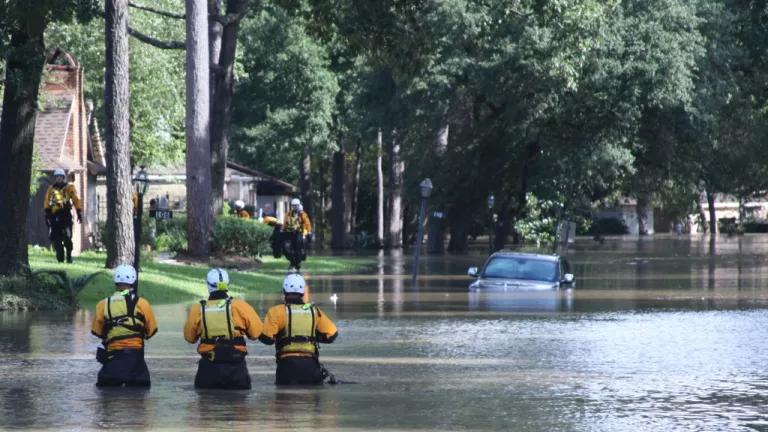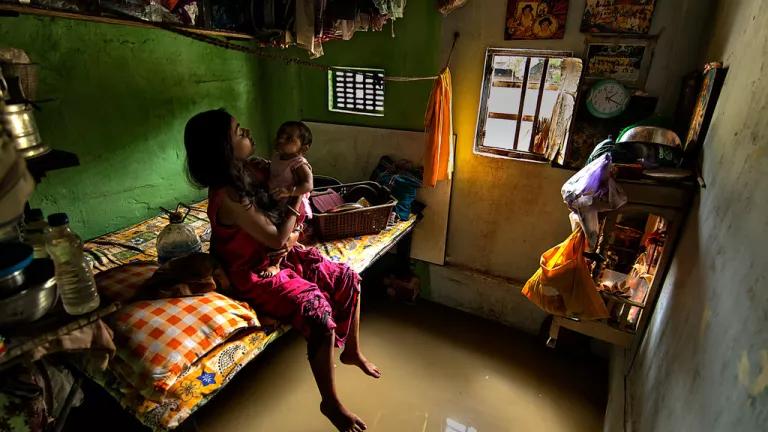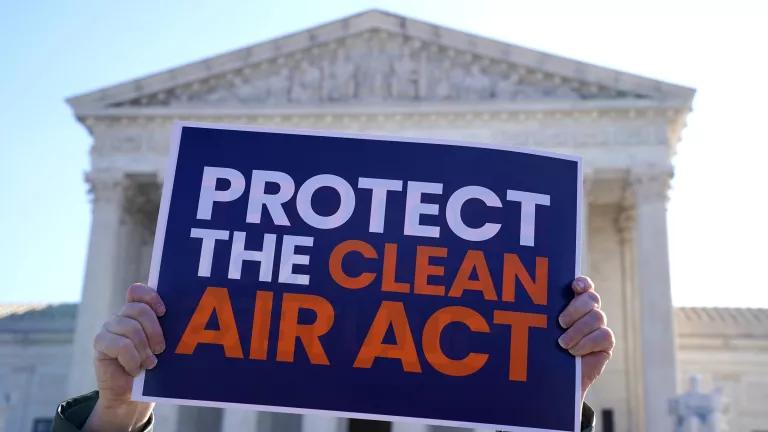Hurricane Harvey Hampers Mental Health Care

More than half of the 40 million American adults with a mental health condition don’t have access to care at the best of times. When you add the challenges of a disaster like Hurricane Harvey—flooded roads, closed hospitals, and unexpected water rescues—it’s likely some people will go weeks without their medication or other treatment.
Anyone can suffer symptoms of depression, anxiety, or even post-traumatic stress disorder (PTSD) after a major storm. Thousands of survivors of the epic 2016 floods in Louisiana still struggle with eating, sleeping, and making decisions a year later. People with symptoms before storms, however, are more vulnerable to worsening illness after floodwaters recede. For instance, surveys before and after Hurricane Sandy hit the East Coast in 2012 found older adults with pre-hurricane depression had higher rates of post-hurricane PTSD. Similar results were found after Sandy in first responders.
The good news is that a sense of neighborhood trust and togetherness can help reduce disaster-related PTSD symptoms and related fall out. For example, nearly a quarter of Hurricane Katrina survivors in one study had difficulty getting enough food five years after the storm. People with mental health distress were 1.6 times more likely to report food insecurity, and those with PTSD were nearly 1.9 times more likely. High social support and a sense of community, however, helped protect the Katrina survivors from food insecurity—whether they had mental health issues or not.
That’s where local organizations come in. NRDC is proud to partner with groups like Texas Environmental Justice Advocacy Services and Bold Louisiana, who have local knowledge and expertise and are deeply connected to their communities. You can support neighbors helping neighbors here.
You can also be on the lookout for Hurricane Harvey’s mental health impacts among people who live far from flooded communities. Twelve years after Hurricane Katrina ravaged New Orleans, images of the ongoing disaster in Texas have been enough to intensify what some experts call “Katrina brain.” Hundreds of thousands of Katrina victims didn't return home to Louisiana or Mississippi after scattering across the country. No matter where you are, you could have someone in your life who is experiencing flashbacks.
Whether you have been directly impacted by Harvey or are just scared and anxious about what Harvey tells us about future climate-related disasters, it’s important to seek help. The National Alliance on Mental Illness and Mental Health America of Greater Houston are great places to start.



